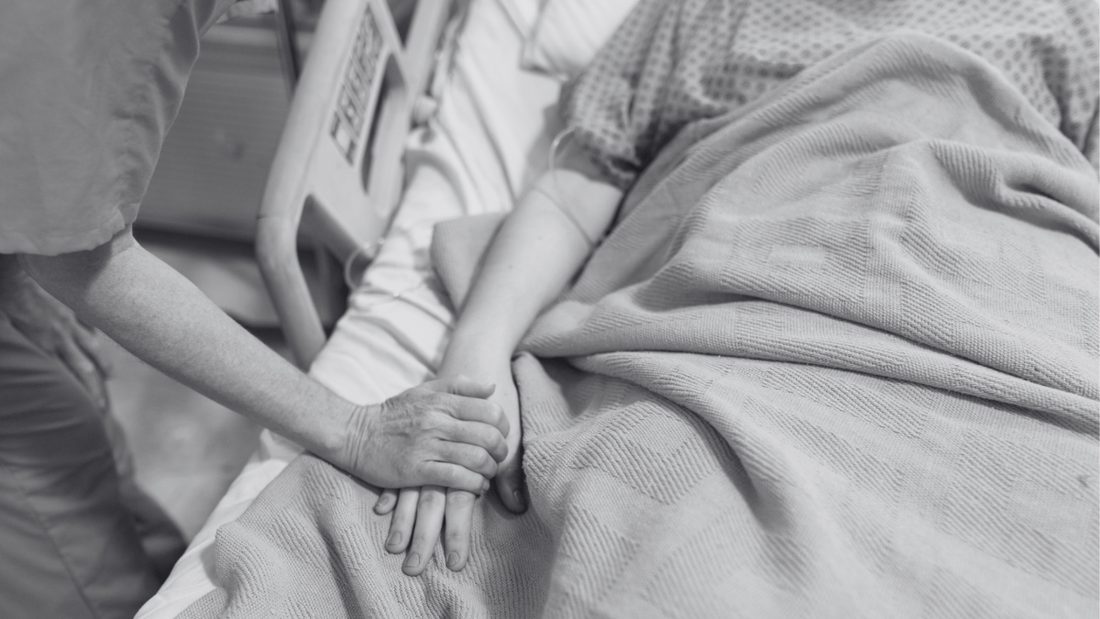
Hyperemesis Gravidarum (HG) is more than just morning sickness. It’s a relentless, all-consuming condition marked by severe nausea, vomiting, dehydration, and rapid weight loss. For the women who endure it, pregnancy becomes a battle for survival.
Tragically, in 2022, the world was shaken by the heartbreaking death of Brooke Ryan, a young mother from Australia who took her own life and her children's after suffering from debilitating Hyperemesis Gravidarum. Her husband described her condition as 'like she was being poisoned.' (Source)

Brooke Ryan (pictured) suffered an extremely severe case of HG & tragically took her own life at 28 weeks pregnant.
This horrific outcome highlights a devastating truth: HG is not only physically crippling but can also erode mental health to dangerous depths. And yet, despite its severity, it remains grossly under-researched and often dismissed as mere morning sickness.
It begs the question—would a disorder this debilitating remain so underfunded and under-researched if it were a health issue affecting only men?
The comparison to endometriosis is glaring. Another chronic condition affecting millions of women worldwide, endometriosis is similarly shrouded in mystery, often ignored or dismissed by healthcare systems. Both HG and endometriosis are marked by severe pain and life-disrupting symptoms, yet women are repeatedly told to simply endure.
Imagine a world where conditions like HG are met with the same urgency and investment as male-dominant health concerns. Where research funding is allocated based on need and suffering rather than unconscious bias. Where women don’t have to advocate relentlessly just to be heard, believed, and treated.
The truth is, HG isn’t rare. It affects about 1-3% of pregnancies. But because pregnancy is traditionally viewed through a lens of beauty and joy, its harsh realities are often dismissed or minimised. Worse, women are shamed for speaking out, as though their suffering is a sign of failure or weakness.
What’s needed is more research, more funding, and a radical change in how we approach maternal health. This recent tragedy should serve as a wake-up call. Healthcare providers, researchers, and society as a whole must acknowledge that HG is not a footnote in the pregnancy experience—it is a life-threatening condition deserving of urgent attention.
If you or someone you know is suffering from Hyperemesis Gravidarum, you are not alone. Support networks exist, and advocacy groups are pushing for change. But we all need to do better—by demanding more research, by listening to women’s voices, and by refusing to accept suffering as a normal part of pregnancy.
The fight for better maternal healthcare is long overdue. Let’s not wait until another tragedy strikes before we take real action.
